
By this point in the semester, students have a pretty good handle on whether they enjoy or dread their classes. After cramming for that first test or happily printing out the initial paper, you know what to expect from your professors. In some cases, this can be huge relief. In others … let’s just say we’re surprised we made it to midterm week alive.
For us (and many others, we suspect), the teaching style and personality of the professor have a lot of influence on the perception of our classes. And when your professor uses her or his position in the classroom to advocate personal political beliefs and belittle those who think differently, it becomes much more difficult to focus on the actual content of the class. The course evaluation can turn into an essay complaining about everything you hated in the class instead of pointing out legitimate areas of strengths and weaknesses.
We do not mean to say this is a widespread problem at Marquette — it isn’t — but when we are more aware of political diversity on our campus, we can work to promote a better learning environment, especially during a heated election season.
University classes are supposed to foster free thinking and open students’ minds to new ideas, not serve as a podium from which professors can preach.
Students want to be challenged and presented with new ideas, but professors need to allow them room to struggle with their own thoughts and form individual opinions. Too much political advocacy in the classroom can alienate students and make them less willing to participate in the learning process.
This also goes for religious beliefs. Marquette is a Catholic and Jesuit institution, but students of all faiths and denominations attend the university. We must respect others’ religious beliefs and how they may relate to certain political opinions.
We respect academic freedom, and we encourage professors and students to tackle difficult and controversial topics. However, there is a difference between analyzing how politics or religion relates to class discussion and pushing views onto others as an absolute fact and for no apparent reason.
We do not mean to say the university should shy away from political discourse, but discussions must be presented in a way that questions the ideas at hand, not the people who believe them. Personal attacks do nothing to further education; in fact, we believe they hinder it.
There is a difference between civil, engaged conversation and blatant ranting. We encourage professors and students alike to explore that distinction over fall break.
All students and professors should be open-minded to others’ opinions, in and outside of the classroom. Instead of having politics divide lecture halls, use it as a way to apply different ideas and modes of thinking to a decision that will define our country for the next four years. This means critically thinking about conflicts and how they may relate to the election.
People are allowed to be passionate. Really, we wouldn’t have it any other way. Just because we don’t want one-sided gripes about personal beliefs during class doesn’t mean we want “cushy” discussions with no value. We want to be able to challenge ourselves while respecting our classmates.
Students should feel free to disagree with their peers or professors without fear of ridicule or attack. So let the classroom be a safe place to voice respectful opinions and learn from all sides of an issue, not a chance to isolate people who think differently.

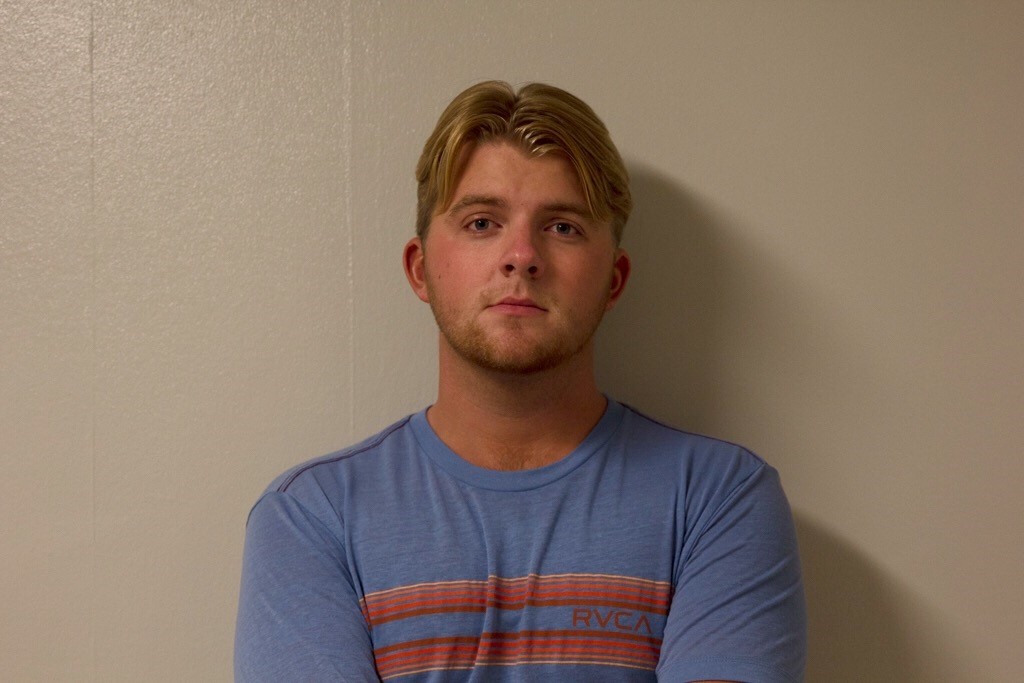
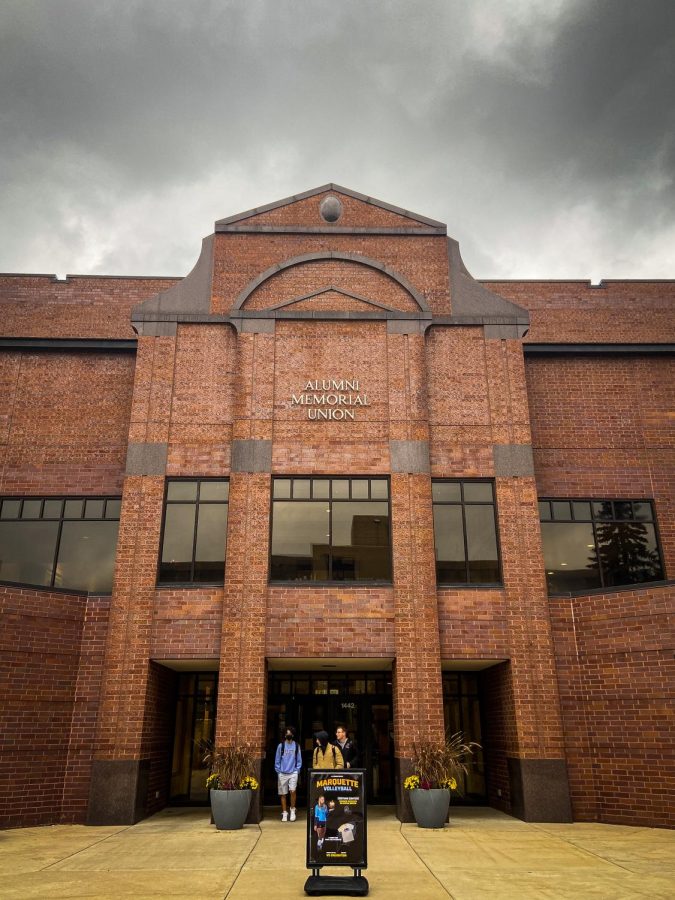
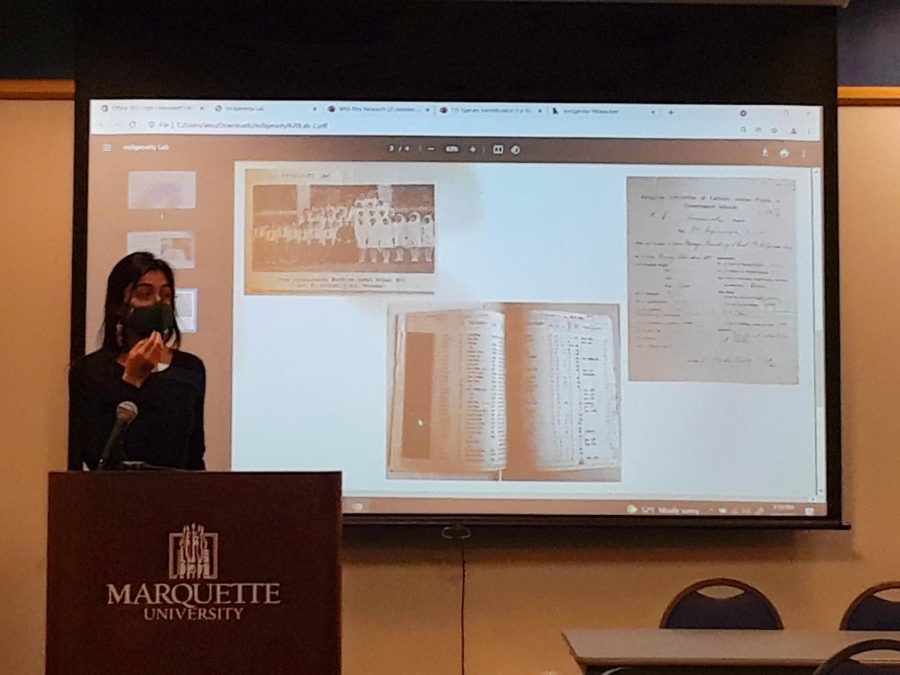
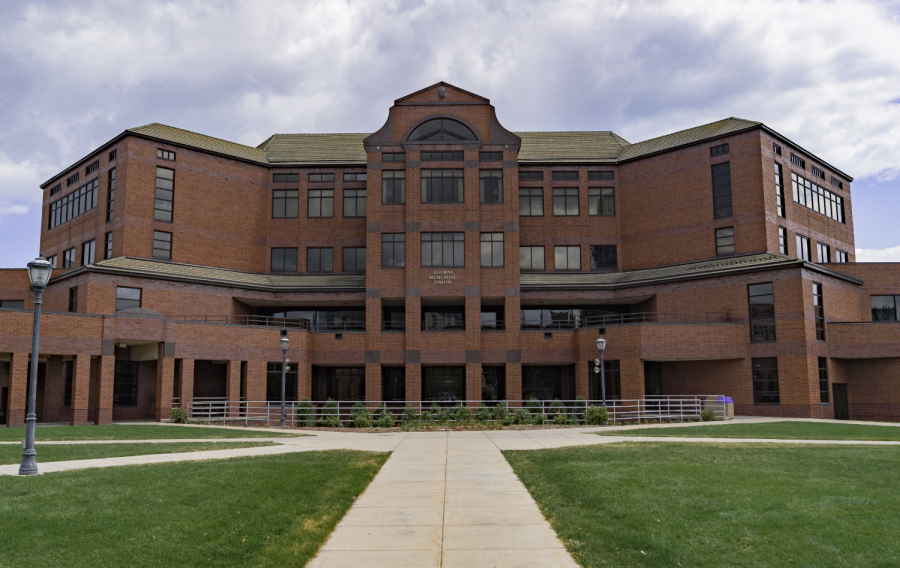
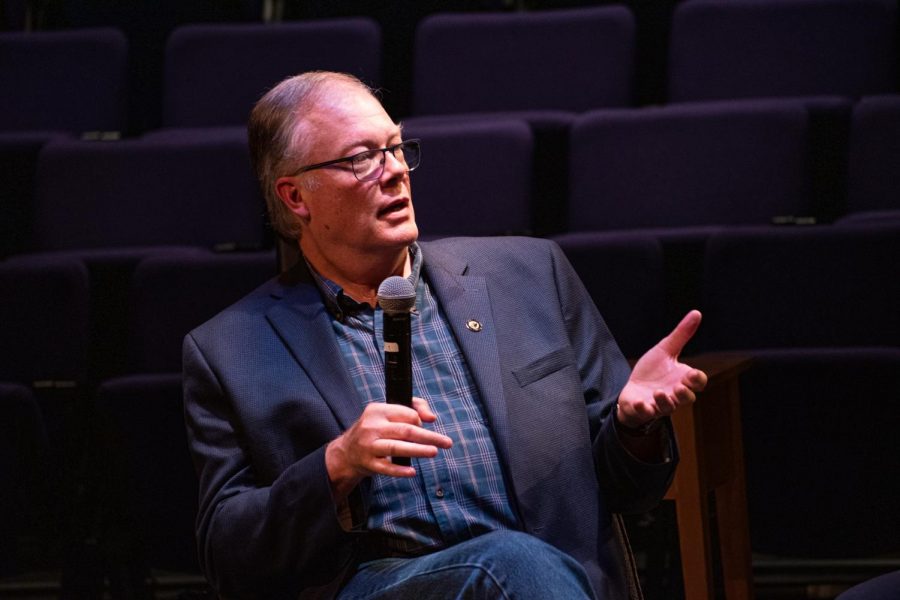
Roger Willcoe • Oct 18, 2012 at 5:37 pm
I thought classrooms where right behind TV in best places to get good propaganda? Did someone have a thought outside the matrix? OBEY!
Roger Willcoe • Oct 18, 2012 at 5:37 pm
I thought classrooms where right behind TV in best places to get good propaganda? Did someone have a thought outside the matrix? OBEY!